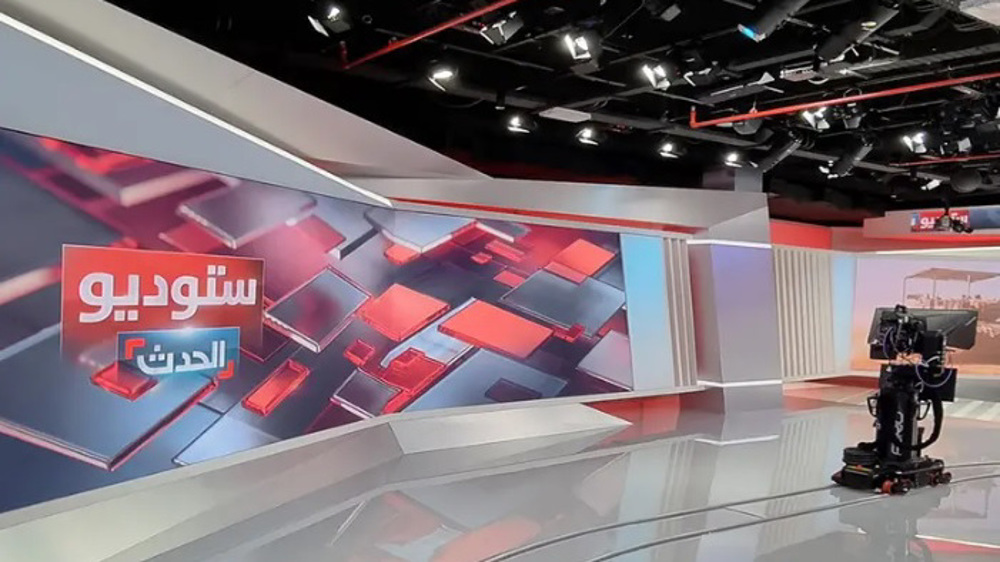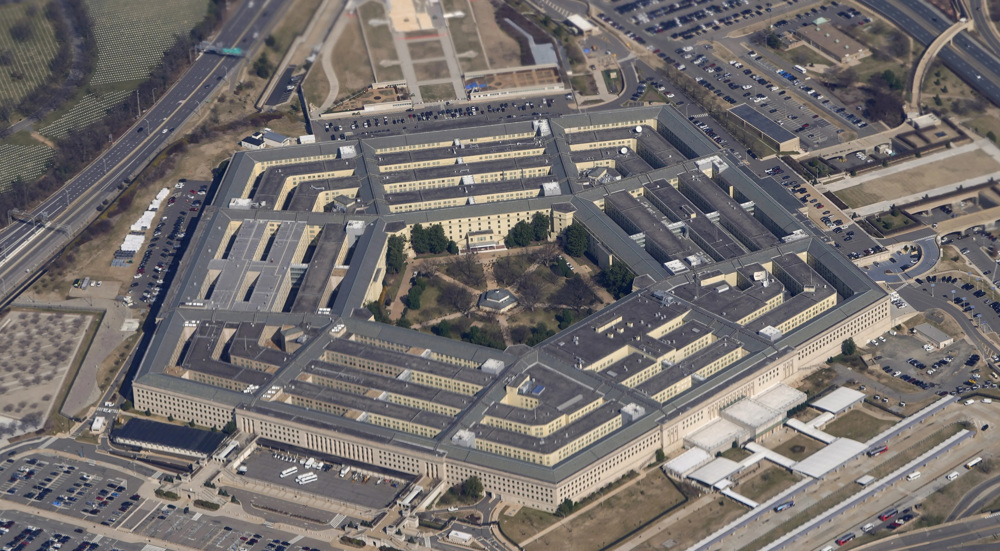UN chief concerned about Saudi killing of Yemeni children
United Nations Secretary General Ban Ki-moon has expressed concern about the number of fatalities among Yemeni children as a result of Saudi Arabia’s deadly military aggression against the impoverished country.
"I still have very strong concerns about the protection of Yemeni children. They must always come first," Ban told the UN Security Council on Tuesday.
Back in June, the UN blacklisted Saudi Arabia after concluding in a report that Riyadh was responsible for 60 percent of the 785 deaths of children in Yemen last year.
A few days later, however, the world body announced that Saudi Arabia would be scratched off the list, pending a joint review with the kingdom.
At the time, Ban acknowledged that he was forced to remove Riyadh from the blacklist after the regime and its allies threatened to cut off funding to many UN programs. The move triggered an outcry from human rights groups.
Last week, Saudi Arabia sent a 13-page confidential letter to the UN chief, outlining measures it claims to be taking in order to prevent civilian deaths in its war on Yemen.
However, Ban told the 15-member UN council that the Saudi measures had fallen short of safeguarding the lives of Yemeni children, adding, "We will continue our engagement to ensure that concrete measures to protect children are implemented.”
He further emphasized that the content of the report that saw the kingdom being added to the UN blacklist still “stands."

Meanwhile, Jo Becker, children's rights advocacy director at Human Rights Watch, called Tuesday for Saudi Arabia to be returned to the “list of shame until it stops its indiscriminate bombardment of Yemen's civilians."
Yemen has seen almost daily military attacks by Saudi Arabia since late March 2015, with internal sources putting the death toll from the bloody aggression at about 10,000. The offensive was launched to crush the Houthis and allies and restore power to the resigned Yemeni president, Abd Rabbuh Mansur Hadi, a staunch ally of Riyadh.
The Houthi Ansarullah fighters took state matters into their own hands after the resignation and escape of Hadi, which threw Yemen into a state of uncertainty and threatened a total security breakdown in the country, where an al-Qaeda affiliate is present.
VIDEO | Press TV's news headlines
Iranian satellites launched into space as private sector debuts in space industry
VIDEO | Iran, Azerbaijan conduct joint maritime rescue operations
VIDEO | Yemen’s Red Sea divide: Naval forces block Israeli-linked ships in strategic ‘parting of the water’
VIDEO | Southern Gaza: Israel’s facade for famine and suffering
VIDEO | IOF hampering humanitarian aid
VIDEO | Sharmahd: Justice Done
Iran repeatedly warned Israel not to test its will: FM















 This makes it easy to access the Press TV website
This makes it easy to access the Press TV website